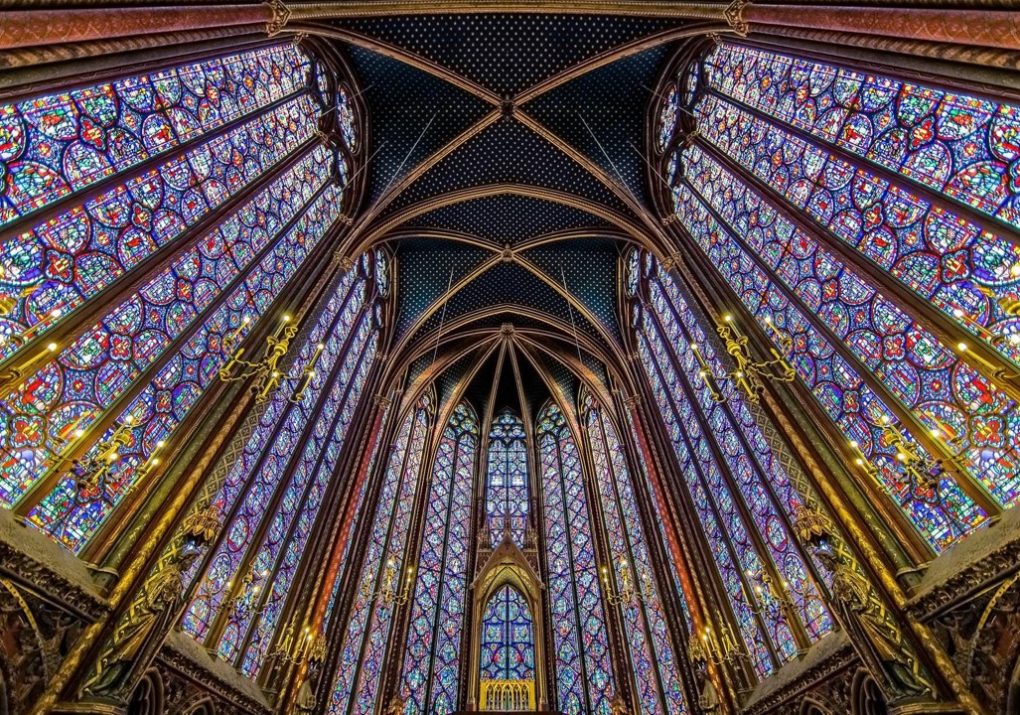
José de Paiva, ‘Image and Likeness’
The search for God that has long guided our human journey is today no longer at the heart of our modern world. The historic change that we today generally and often hastily describe as modernity is far from becoming a matter of the past. It has affected our everyday language profoundly from the way we understand and see our world to the way we speak and communicate, and finally our approach to the tangible nature of reality. But it has also affected us on a different level, one that, more deeply than any change we can describe in purely historical terms, has been unfolding almost silently. The nature of that change can perhaps begin to be articulated more primarily through some of its most crucial manifestations, to be found almost paradoxically perhaps in the modern understanding of the difference that separates the human spirit from the more visible layers of discourse, our words from the being of things themselves, our sight from what things are, and more broadly all across the question of the truth of representation.
José de Paiva holds a PhD from the University of Cambridge. Before returning to architectural practice at Eric Parry Architects in London, he was a member of the Society of Jesus (Jesuits) and a Visiting Professor of Architecture at the University of Pennsylvania School of Design. He has organised international conferences and seminars, most recently, on The Living Memory of Cities, first with the Calouste Gulbenkian Foundation in Lisbon and at present in collaboration with London Metropolitan University. He is the author of Fragments towards a Theology of Architecture (2015) and editor of The Living Tradition of Architecture (2017). He is also the convener of the advanced studies’ group on Presence, Person, Beauty.











































































